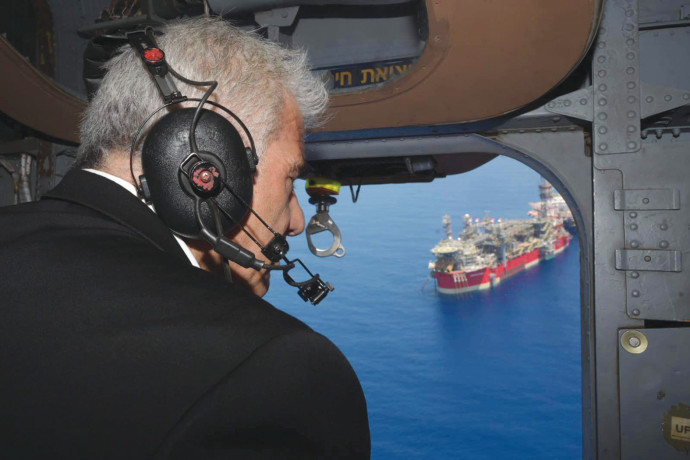Israel granted Energean permission to start production at the offshore Karish gas field on Tuesday, an Energy Ministry statement said.
Energean has said its floating production storage and offloading vessel is due to start production at Karish in the third quarter but has not given a precise date.
On October 9, the London-listed energy group began pumping gas to its floating production facility as part of reverse flow testing procedures.
Israel and Lebanon on Thursday are expected to sign a US-brokered maritime border deal reached this month, opening the way for offshore energy exploration.
In the weeks running up to the deal, the development of the Karish field, about 80 km (50 miles) west of the Israeli city of Haifa, had raised tensions between the two countries drawing threats of war from the Iran-backed Hezbollah movement.

Israel-Lebanon maritime agreement
The US-mediated agreement has Israel conceding the entire triangle of economic waters in the Mediterranean Sea that was in dispute with Lebanon, in exchange for a “permanent and equitable resolution regarding its maritime dispute.”
A line of buoys Israel set up after withdrawing from southern Lebanon in 2000, which extends from the land border 5 km. into the sea, will be considered part of the “status quo” between countries, whose border is not internationally recognized.
Israel will also receive a payout for the 17% of the Kana gas field that extends into its economic waters; the rest of the reservoir is in the disputed area and Lebanese waters. The payment will be worked out in a separate deal with French drilling firm TotalEnergies.
Yonah Jeremy Bob and Lahav Harkov contributed to this report.
